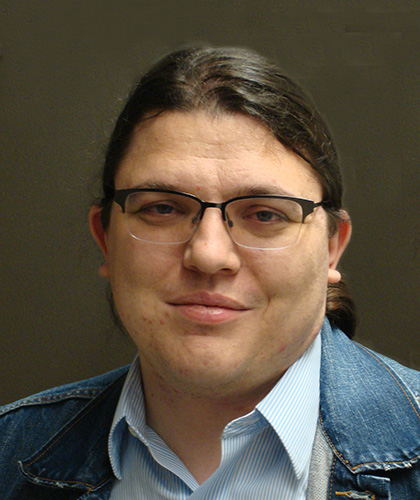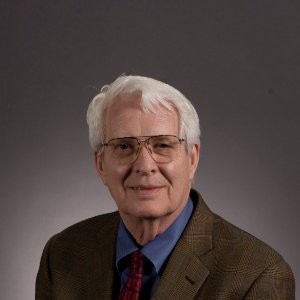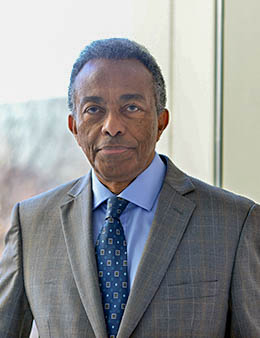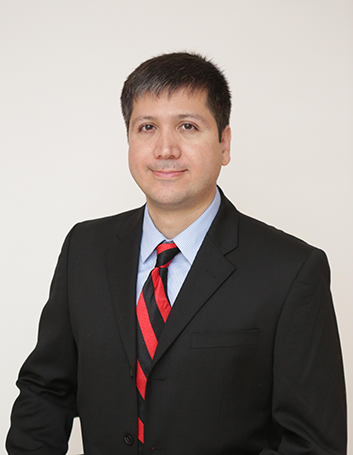Faculty Directory
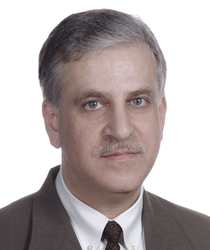
Abed, Eyad H.
Professor
Former Director, Institute for Systems Research (2002–2008)
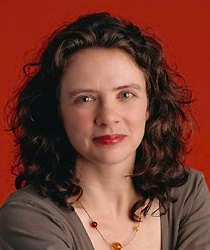
Abshire, Pamela
Professor
Fischell Institute Fellow
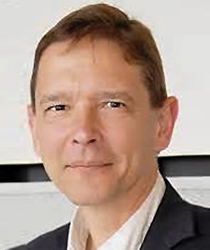
Adomaitis, Raymond A.
Professor
Associate Chair and Director of Undergraduate Studies
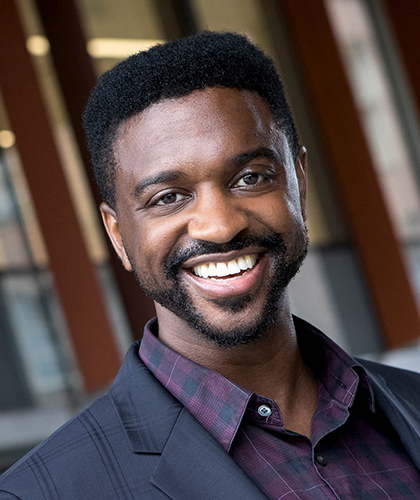
Agonafer, Damena
Associate Professor & Clark Faculty Fellow

Akin, David
Professor
Director of Space Systems Laboratory
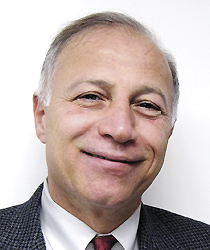
Al-Sheikhly, Mohamad
Professor
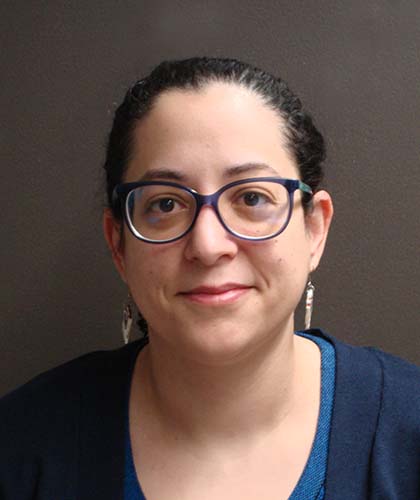
Alaoui Abdallaoui, Meriem
Assistant Research Scientist
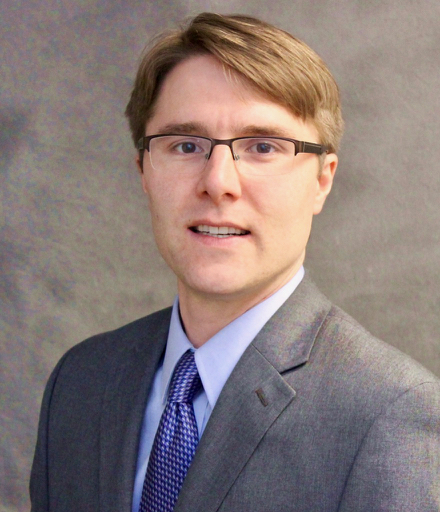
Albertus, Paul
Associate Professor
Associate Director

Alexander, India
Faculty Specialist for Experiential Learning Programs
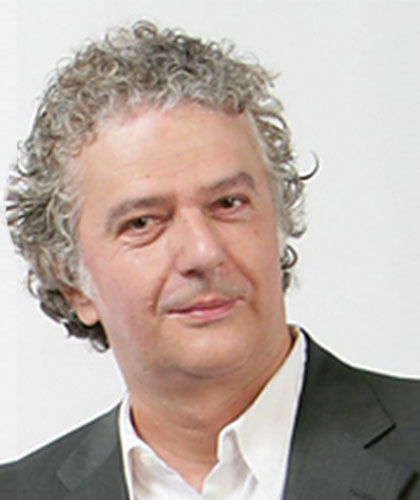
Aloimonos, Yiannis
Professor
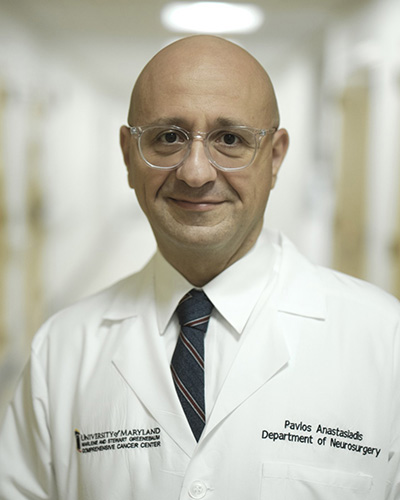
Anastasiadis, Pavlos
Adjunct Professor
Assistant Professor, University of Maryland School of Medicine
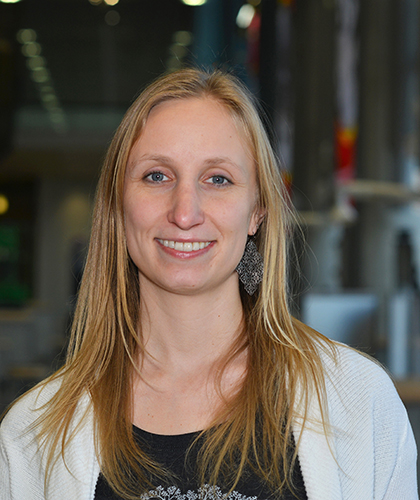
Anderson, Marya
Senior Faculty Specialist
Environmental Engineering Lab Manager
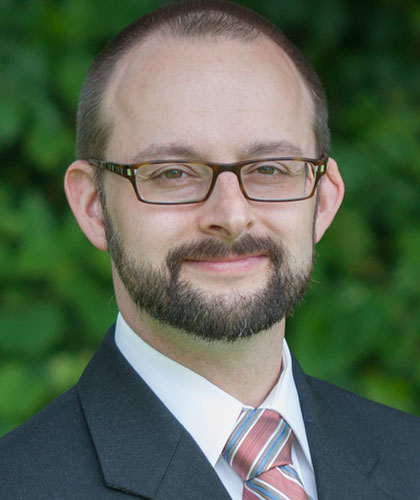
Anderson, Paul
Lecturer

Anderson, Jr., John
Glenn L. Martin Institute Professor Emeritus
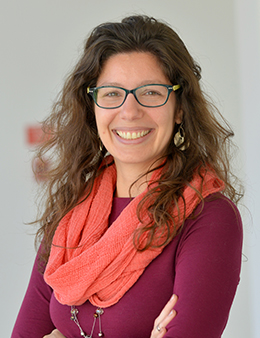
Andrade, Natasha
Associate Chair for Undergraduate Programs
Senior Lecturer
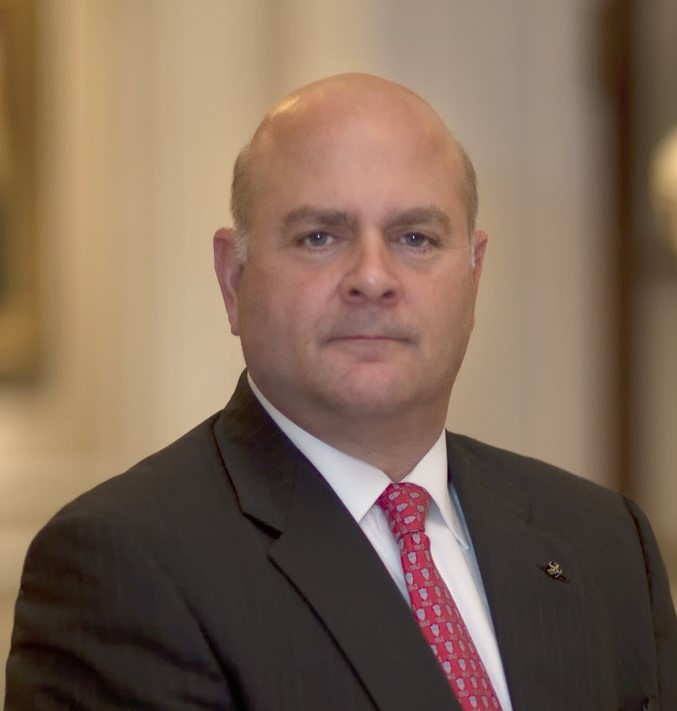
Andrews, Jr., Robert C.
Adjunct Professor

Ang, Daniel
Scientist

Anisimov, Mikhail
